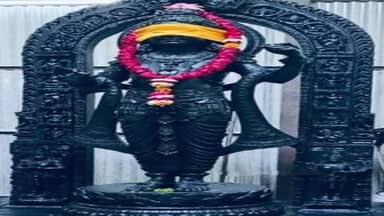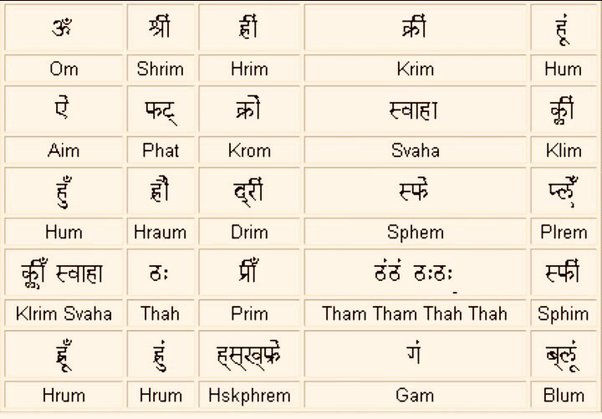I wrote an article on 8 December, 2014, Appropriate Bhagavad Gita Verse in Egyptian Pyramid.
I received information as comment from a reader as to where the tomb is.
The comment.
‘JessicaEDIT 0 0 Rate This
Mr. Ramani,
Its Pyramid 2 in Egypt but the tablet was immediately taken to British Museum and no photographs can be found online)
# During my visit to UK in April 2019, I visited the Museum to check the information contained in this article.
I was informed by the curator that the artifact was returned to the private collector.
The curator informed me that he could not divulge information about the collector.
In Leeds Musuem, I saw a Third Century BC Vishnu Panchaloka Idol.
The curator was reluctant to share additional information except the date.

In one of the Pyramids, dating back to 3000 BC, a verse, from the second chapter of the Bhagavad Gita was found inscribed.
Here it is:
vasanvsi jeernani yatha vihaya, navani
ghrunnati naro parani
– Nava Bharat Times, 18-4-1967
# During my visit to UK in April 2019, I visited the Museum to check the information contained in this article.
I was informed by the curator that the artifact was returned to the private collector.
The curator informed me that he could not divulge information about the collector.
In Leeds Musuem, I saw a Third Century BC Vishnu Panchaloka Idol.
The curator was reluctant to share additional information except the date.
I received information as comment from a reader as to where the tomb is.
This verse is from The Bhagavd Gita Chapter 2,verse 22.
The text and translation.
vasamsi jirnani yatha vihaya
navani grhnati naro ‘parani
tatha sarirani vihaya jirnany
anyani samyati navani dehi
vasamsi–garments; jirnani–old and worn out; yatha–as it is; vihaya–giving up; navani–new garments; grhnati–does accept; narah–a man; aparani–other; tatha–in the same way; sarirani–bodies; vihaya–giving up; jirnani–old and useless; anyani–different; samyati–verily accepts; navani–new sets; dehi–the embodied.
As a person puts on new garments, giving up old ones, similarly, the soul accepts new material bodies, giving up the old and useless ones.
How appropriate for a Burial Tomb!





Leave a comment